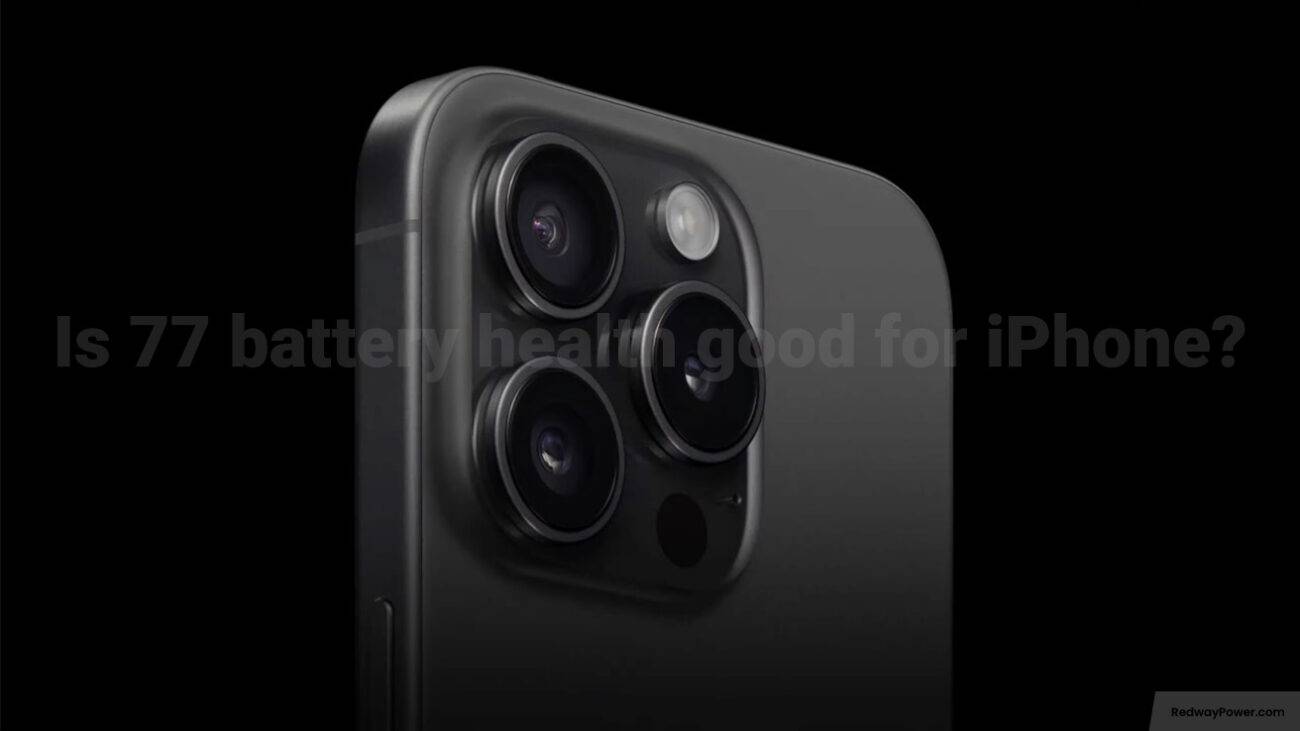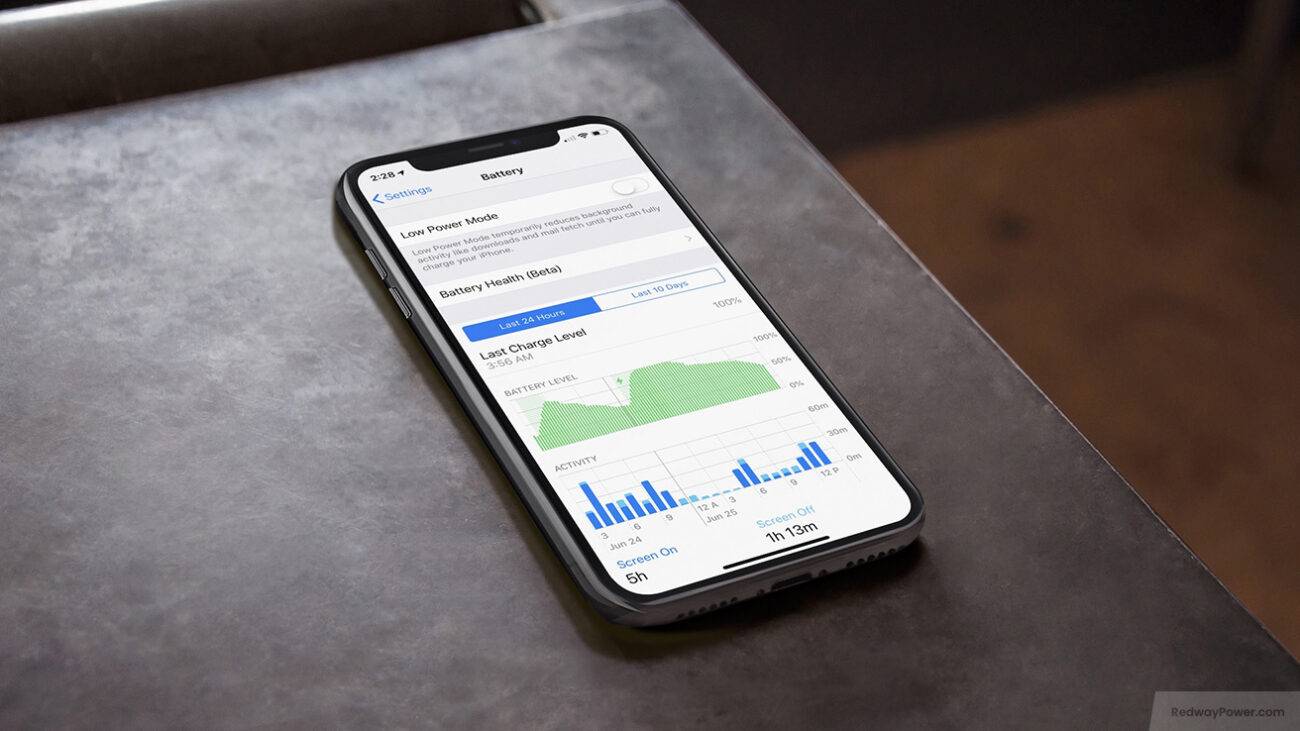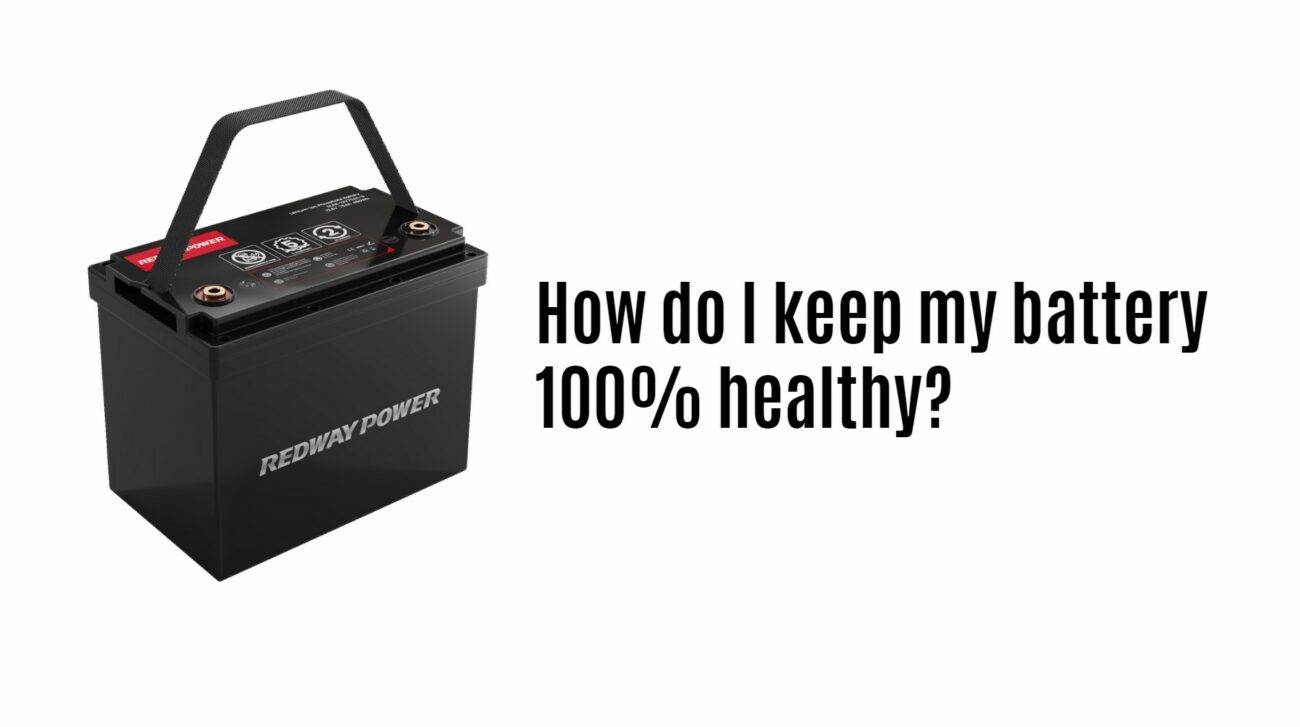- Rack-mounted Lithium Battery
- Golf Cart Lithium Battery
-
Golf Cart Lithium Battery
- 36V 50Ah (for Golf Carts)
- 36V 80Ah (for Golf Carts)
- 36V 100Ah (for Golf Carts)
- 48V 50Ah (for Golf Carts)
- 48V 100Ah (Discharge 100A for Golf Carts)
- 48V 100Ah (Discharge 150A for Golf Carts)
- 48V 100Ah (Discharge 200A for Golf Carts)
- 48V 120Ah (for Golf Carts)
- 48V 150Ah (for Golf Carts)
- 48V 160Ah (Discharge 100A for Golf Carts)
- 48V 160Ah (Discharge 160A for Golf Carts)
-
Golf Cart Lithium Battery
- Forklift Lithium Battery
- 12V Lithium Battery
- 24V Lithium Battery
- 36V Lithium Battery
- 48V Lithium Battery
-
48V LiFePO4 Battery
- 48V 50Ah
- 48V 50Ah (for Golf Carts)
- 48V 60Ah (8D)
- 48V 100Ah (8D)
- 48V 100Ah
- 48V 100Ah (Discharge 100A for Golf Carts)
- 48V 100Ah (Discharge 150A for Golf Carts)
- 48V 100Ah (Discharge 200A for Golf Carts)
- 48V 150Ah (for Golf Carts)
- 48V 160Ah (Discharge 100A for Golf Carts)
- 48V 160Ah (Discharge 160A for Golf Carts)
-
48V LiFePO4 Battery
- 60V Lithium Battery
-
60V LiFePO4 Battery
- 60V 20Ah
- 60V 30Ah
- 60V 50Ah
- 60V 50Ah (Small Size / Side Terminal)
- 60V 100Ah (for Electric Motocycle, Electric Scooter, LSV, AGV)
- 60V 100Ah (for Forklift, AGV, Electric Scooter, Sweeper)
- 60V 150Ah (E-Motocycle / E-Scooter / E-Tricycle / Tour LSV)
- 60V 200Ah (for Forklift, AGV, Electric Scooter, Sweeper)
-
60V LiFePO4 Battery
- 72V~96V Lithium Battery
- E-Bike Battery
- All-in-One Home-ESS
- Wall-mount Battery ESS
-
Home-ESS Lithium Battery PowerWall
- 24V 100Ah 2.4kWh PW24100-S PowerWall
- 48V 50Ah 2.4kWh PW4850-S PowerWall
- 48V 50Ah 2.56kWh PW5150-S PowerWall
- 48V 100Ah 5.12kWh PW51100-F PowerWall (IP65)
- 48V 100Ah 5.12kWh PW51100-S PowerWall
- 48V 100Ah 5.12kWh PW51100-H PowerWall
- 48V 200Ah 10kWh PW51200-H PowerWall
- 48V 300Ah 15kWh PW51300-H PowerWall
PowerWall 51.2V 100Ah LiFePO4 Lithium Battery
Highly popular in Asia and Eastern Europe.
CE Certification | Home-ESS -
Home-ESS Lithium Battery PowerWall
- Portable Power Stations
How long does 75% battery health iPhone last?
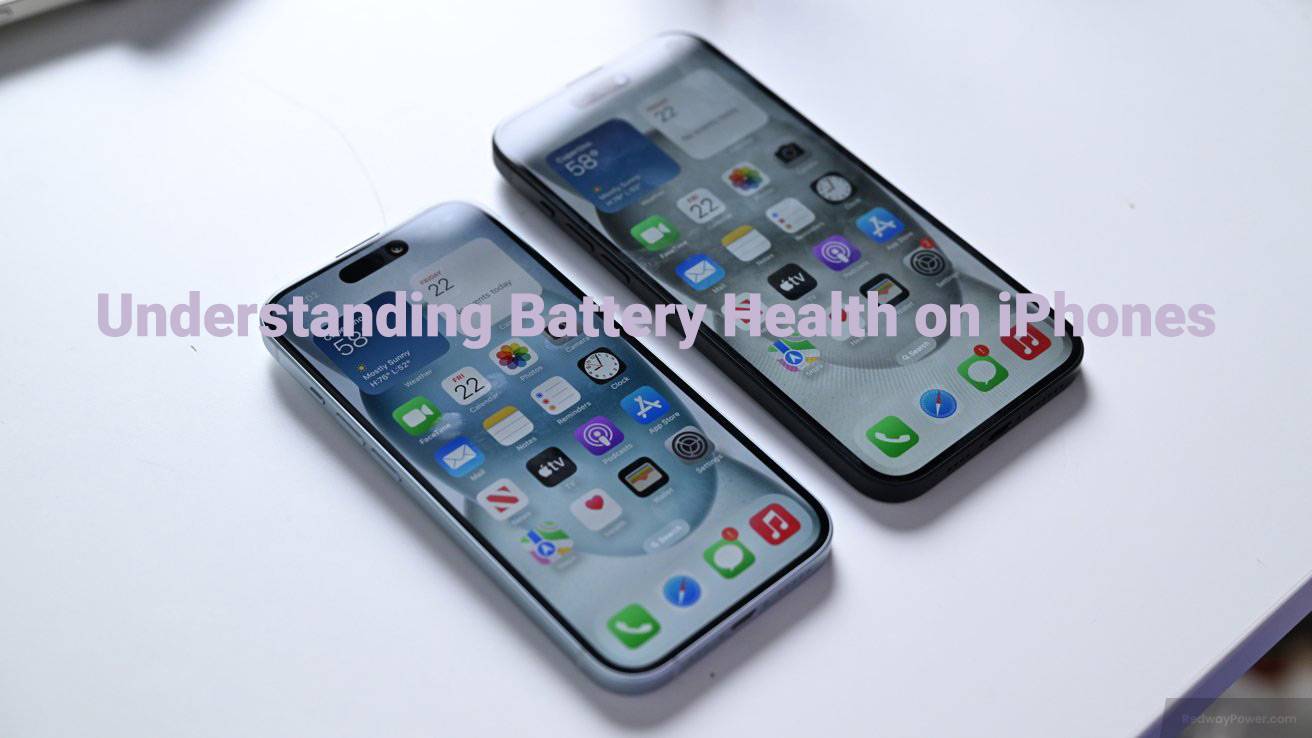
An iPhone with 75% battery health typically lasts between 6 to 12 hours of usage, depending on the activities performed. Factors such as screen brightness, app usage, and background processes significantly influence battery life. Regular monitoring and optimization can help extend this duration.
Understanding Battery Health on iPhones
Factors That Affect iPhone Battery Life
The actual duration an iPhone can operate at 75% battery health varies based on several factors:
| Factor | Impact on Battery Life |
|---|---|
| Screen Brightness | Higher brightness drains battery faster |
| Background App Refresh | Apps running in the background consume power |
| Location Services | GPS usage can significantly reduce battery life |
| Streaming Services | Video and music streaming require more power |
| Connectivity (Wi-Fi/Cellular) | Poor signal strength leads to increased power consumption |
Average Lifespan of a 75% Battery Health iPhone
The following chart provides estimated usage times for various activities on an iPhone with 75% battery health:
| Activity | Estimated Duration |
|---|---|
| Web Browsing | 6-8 hours |
| Video Streaming | 4-6 hours |
| Gaming | 3-5 hours |
| Music Playback | 10-12 hours |
| Standby Mode | Up to 24 hours |
The average lifespan of an iPhone battery is about 2 to 3 years. When the battery health reaches 75%, it indicates a decline in capacity. Monitoring usage patterns, adopting good charging habits, and managing the number of charging cycles can help optimize battery lifespan and performance.
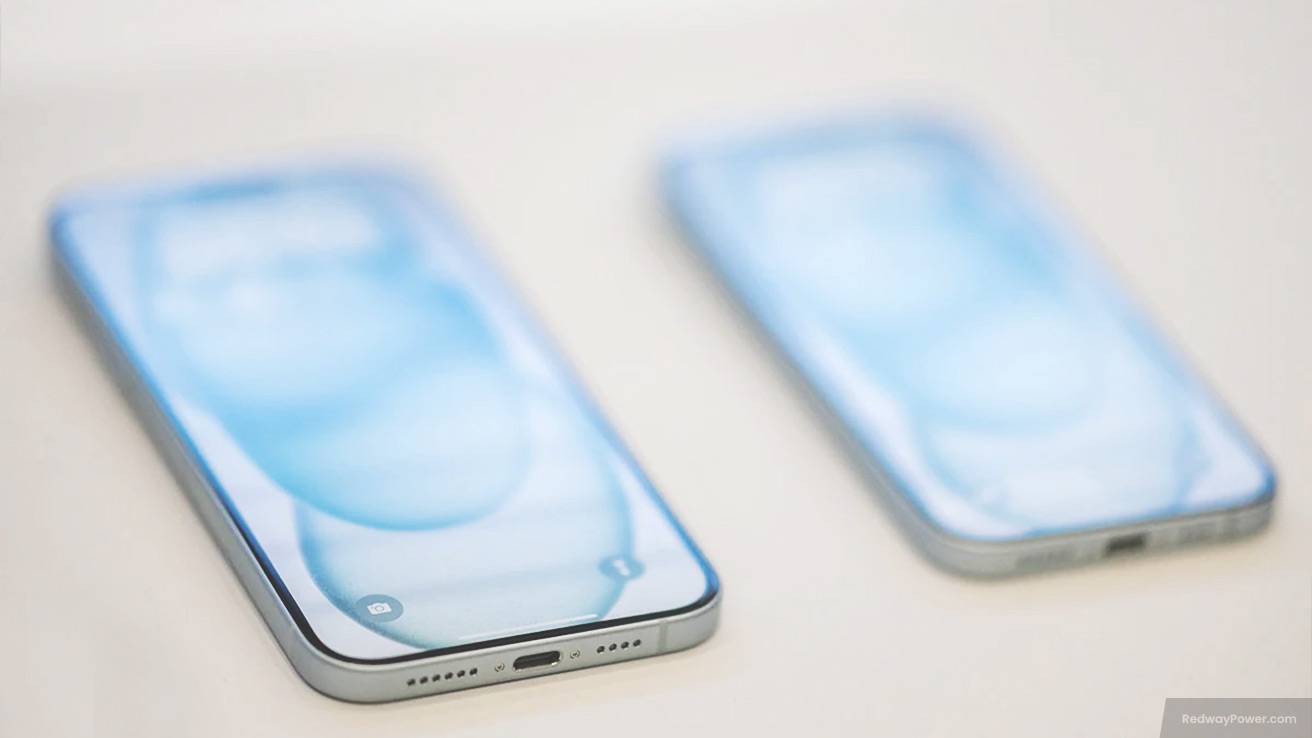
Tips for Extending Your iPhone’s Battery Life
How to Check and Improve Your iPhone’s Battery Health
When is it Time to Replace Your iPhone’s Battery?

Redway Expert Comment
“As experts in lithium battery technology at Redway Power, we understand that maintaining optimal battery health is crucial for device longevity. For iPhone users with batteries at 75% health, it’s essential to adjust usage habits and settings to maximize performance. Regular software updates from Apple can also help improve efficiency and extend daily usage times, ensuring users get the most out of their devices.”
Latest News
Recent reports indicate that Apple is focusing on enhancing battery management features in upcoming iOS updates. These updates aim to optimize battery usage and extend overall lifespan even for devices with reduced battery health. Additionally, Apple is promoting awareness about proper charging practices to help users maintain better battery health over time. This initiative is part of Apple’s broader commitment to sustainability and customer satisfaction.
FAQs
- What does it mean if my iPhone battery health is at 75%?
- A 75% battery health indicates your iPhone’s battery can only hold 75% of its original charge capacity, leading to shorter usage times.
- How long can I expect my iPhone to last with 75% battery health?
- Typically, an iPhone with 75% battery health lasts around 6 to 8 hours under regular usage conditions.
- What factors influence how long my iPhone lasts on a charge?
- Factors include usage patterns, screen brightness settings, app activity, and environmental conditions.
- Can I improve my iPhone’s battery life at 75% health?
- Yes, by adjusting settings such as reducing screen brightness and limiting background app activity, you can extend your device’s daily usage.
- Is it worth replacing an iPhone battery at 75% health?
- If you frequently experience short battery life or performance issues, replacing the battery may significantly enhance your device’s usability.
More FAQs
How long does a 75 battery last?
The lifespan of a 75% battery depends on usage patterns and device type. Generally, a battery at 75% capacity can last several hours to a day, but this varies widely based on how intensively the device is used and its power consumption.
Is iPhone with 70% battery health good?
An iPhone with 70% battery health is functional but indicates reduced capacity. While it can still operate, users may experience shorter usage times between charges. It’s advisable to consider replacing the battery for optimal performance.
Is 74% a bad battery health?
A battery health of 74% is considered below average, suggesting that the battery is losing capacity. Users may notice decreased performance and shorter battery life, indicating it’s time to evaluate battery replacement options for better device functionality.
How long does it take for iPhone battery health to drop to 80%?
The time it takes for an iPhone battery to drop to 80% health can vary widely, typically occurring over 1 to 2 years of regular use. Factors influencing this include charging habits, usage intensity, and environmental conditions.
How long does 75 percent battery last on iPhone?
At 75% battery life, an iPhone can typically last between 6 to 10 hours, depending on usage patterns, app activity, and settings.
Is iPhone with 70% battery health good?
An iPhone with 70% battery health is functional but may not perform optimally. It’s advisable to monitor performance and consider a battery replacement if you experience significant issues.
How long does it take for iPhone battery health to drop to 80%?
Battery health can vary widely, but many users see their iPhone battery health drop to 80% after about 2 to 3 years of regular use, depending on charging habits and usage.
Is 74% a bad battery health?
A battery health of 74% indicates moderate wear. While the phone will still function, it may experience reduced performance and shorter battery life compared to a new battery.
Is 75 percent battery life good?
Yes, 75% battery life is generally considered good for everyday use, although actual performance will depend on the specific apps and tasks being used.
What kills iPhone battery health?
Factors that kill iPhone battery health include extreme temperatures, frequent full discharges, leaving the device plugged in for extended periods, and using non-Apple-certified chargers.
How much battery health drops after 1 year?
On average, iPhone battery health can drop about 10-20% after one year of normal use, but this can vary based on individual usage and care.
What should iPhone battery health be after 2 years?
After two years, iPhone battery health typically ranges from 80% to 90%, depending on usage habits and charging practices.
How do I keep my battery 100% healthy?
To keep your iPhone battery healthy, avoid extreme temperatures, don’t let it drop to 0%, use optimized charging, and avoid prolonged exposure to a charger when fully charged.
Should I replace my iPhone battery at 80% health?
Replacing your iPhone battery at 80% health is a personal choice; if you notice significant performance issues or shorter usage times, it may be worth considering a replacement.
How long does 70 on iPhone last?
An iPhone with 70% battery life can typically last around 4 to 8 hours, depending on the apps in use and settings such as screen brightness and connectivity.
Is iPhone battery health 79%?
Yes, a battery health of 79% means the battery has experienced some degradation. While the phone will still work, performance may not be optimal, and you might consider monitoring it closely.
Is 76 battery health bad?
A battery health of 76% is below average but not necessarily “bad.” It may lead to shorter battery life and could warrant a replacement if performance is affected.
Is it okay to charge iPhone at 75%?
Yes, charging your iPhone at 75% is perfectly fine. In fact, it’s recommended to charge before reaching low battery levels to help maintain battery health.
What will happen if iPhone battery health is low?
If iPhone battery health is low, you may experience unexpected shutdowns, reduced performance, and shorter battery life. Replacing the battery can restore functionality.













